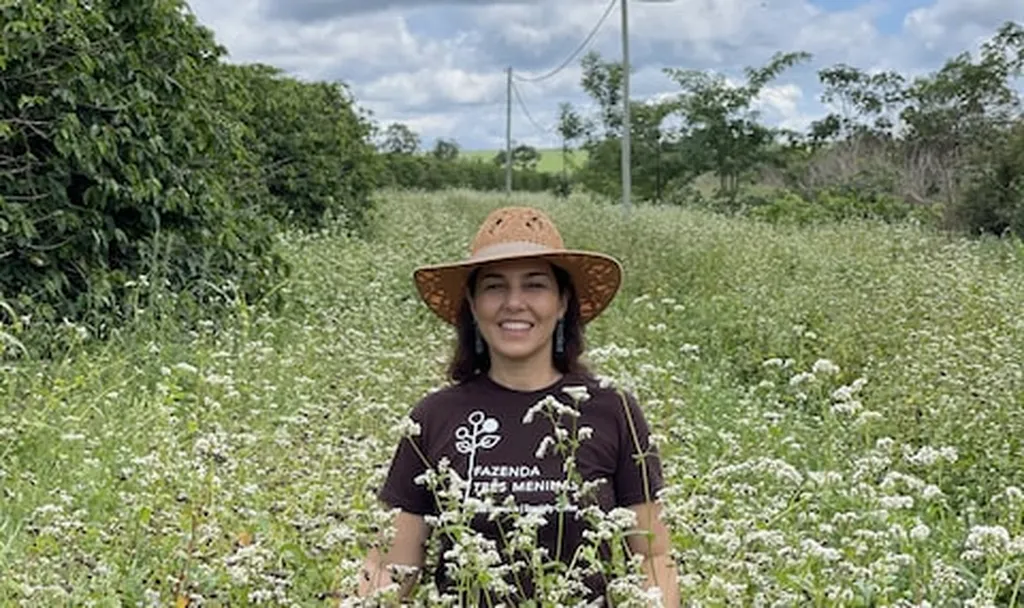In the face of climate change, farmers are constantly seeking innovative solutions to maintain crop productivity and quality. A recent study published in the journal ‘Plants’ (translated as ‘Plants’ in English) offers promising insights into the use of biostimulants in lettuce production, a crop that is both economically significant and nutritionally valuable. Led by Talys Moratti Lemos de Oliveira from the Federal Institute of Espírito Santo (IFES) in Brazil, the research compiles and discusses scientific evidence on how biostimulants can enhance lettuce cultivation, making it more resilient and sustainable.
Lettuce, or *Lactuca sativa* L., is a staple leafy vegetable consumed worldwide due to its rich composition of antioxidants and health-beneficial substances. However, climate extremes have posed significant challenges to its production. “Due to ongoing climate change that has had global effects, the crop has been suffering a reduction in productivity and quality,” notes Oliveira. This has spurred the development of technologies aimed at mitigating these adverse effects, with biostimulants emerging as a key player in sustainable agriculture.
Biostimulants are substances that activate physiological and biochemical processes in plants, leading to improved growth and development. They can increase the production of bioactive compounds such as vitamins, amino acids, and antioxidants, thereby enhancing the nutritional quality of lettuce. Moreover, biostimulants make plants more resistant and adaptable to varying environmental conditions, contributing to more sustainable agricultural practices.
The study by Oliveira and colleagues reviews the mechanisms of action, types of biostimulants used, and results obtained in different cultivation systems. Humic substances, for instance, are highlighted for their role in improving soil health and plant nutrition. “Biostimulants contribute to improving the nutritional quality of lettuces, making them more resistant and adapted to different environmental conditions,” explains Oliveira. This adaptability is crucial for ensuring consistent yields and quality in the face of climate variability.
The commercial implications of this research are substantial. For farmers, the adoption of biostimulants can lead to higher productivity and better-quality crops, ultimately enhancing market competitiveness. For the energy sector, which increasingly relies on bio-based products, the improved efficiency and sustainability of lettuce production can contribute to a more robust and resilient supply chain.
Looking ahead, the findings from this study could shape future developments in agricultural biotechnology. As climate change continues to impact global agriculture, the need for innovative solutions that enhance crop resilience and sustainability will only grow. Biostimulants offer a promising avenue for achieving these goals, and further research in this area could unlock even greater potential for sustainable agriculture.
In summary, the research led by Talys Moratti Lemos de Oliveira provides valuable insights into the use of biostimulants in lettuce production. By enhancing plant growth, nutritional quality, and resilience, biostimulants offer a sustainable solution to the challenges posed by climate change. As the agricultural sector continues to evolve, the adoption of such innovative technologies will be crucial for ensuring food security and sustainability.

